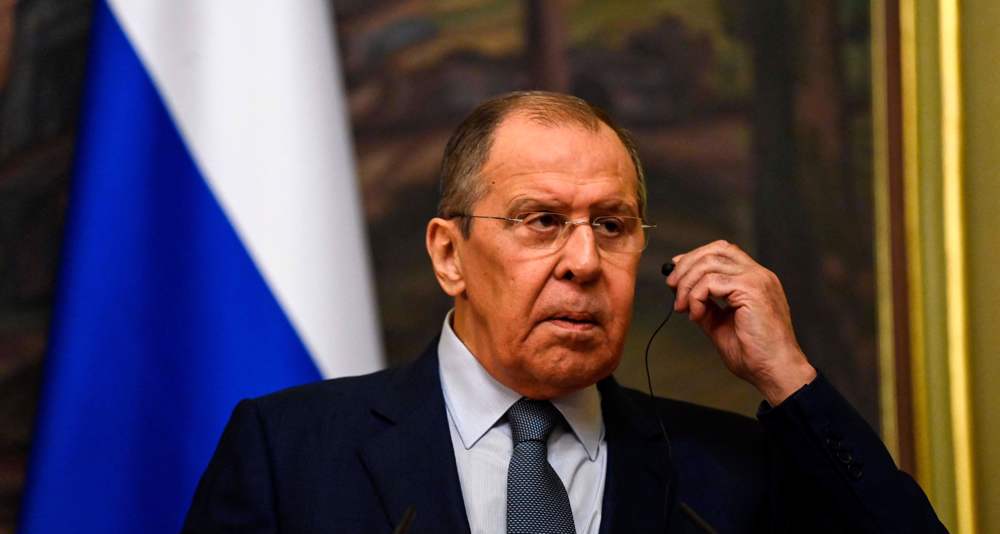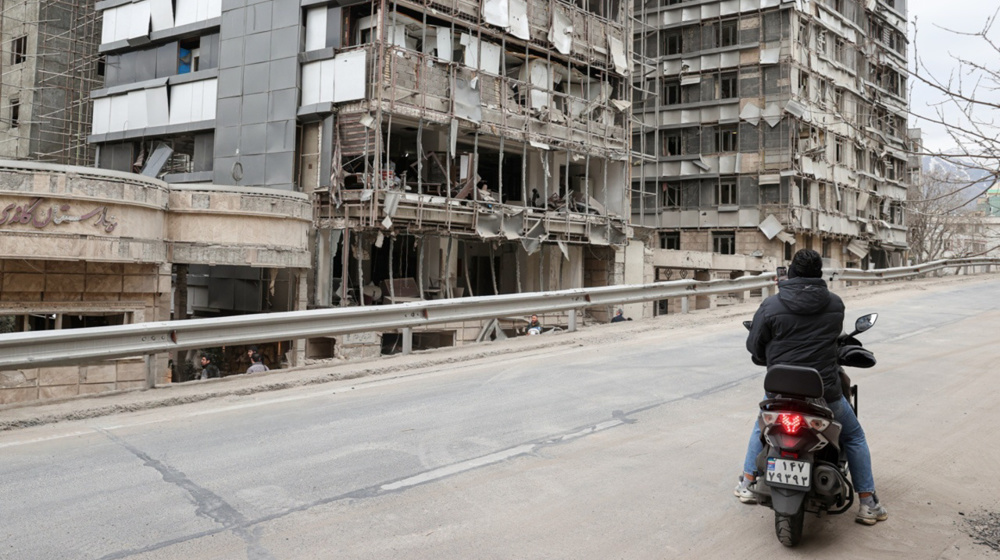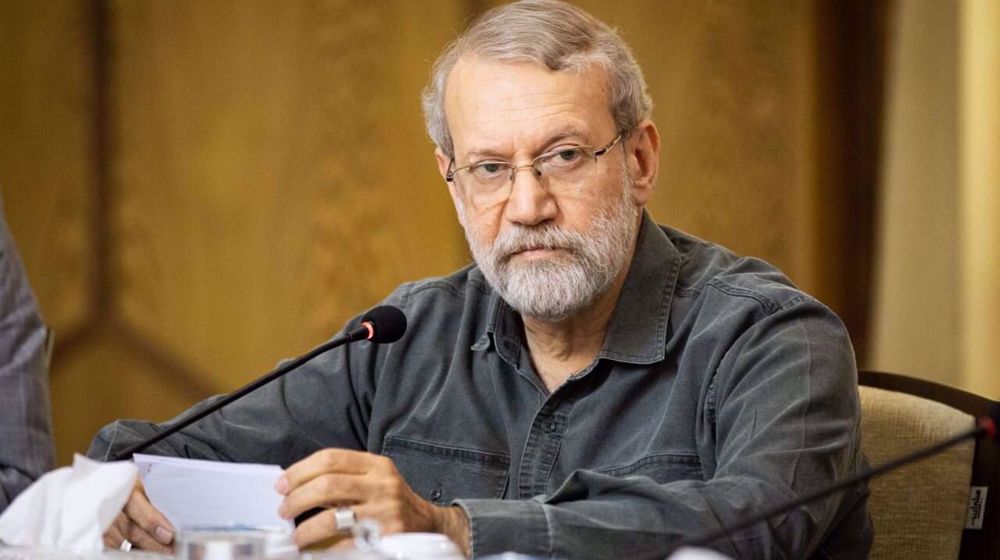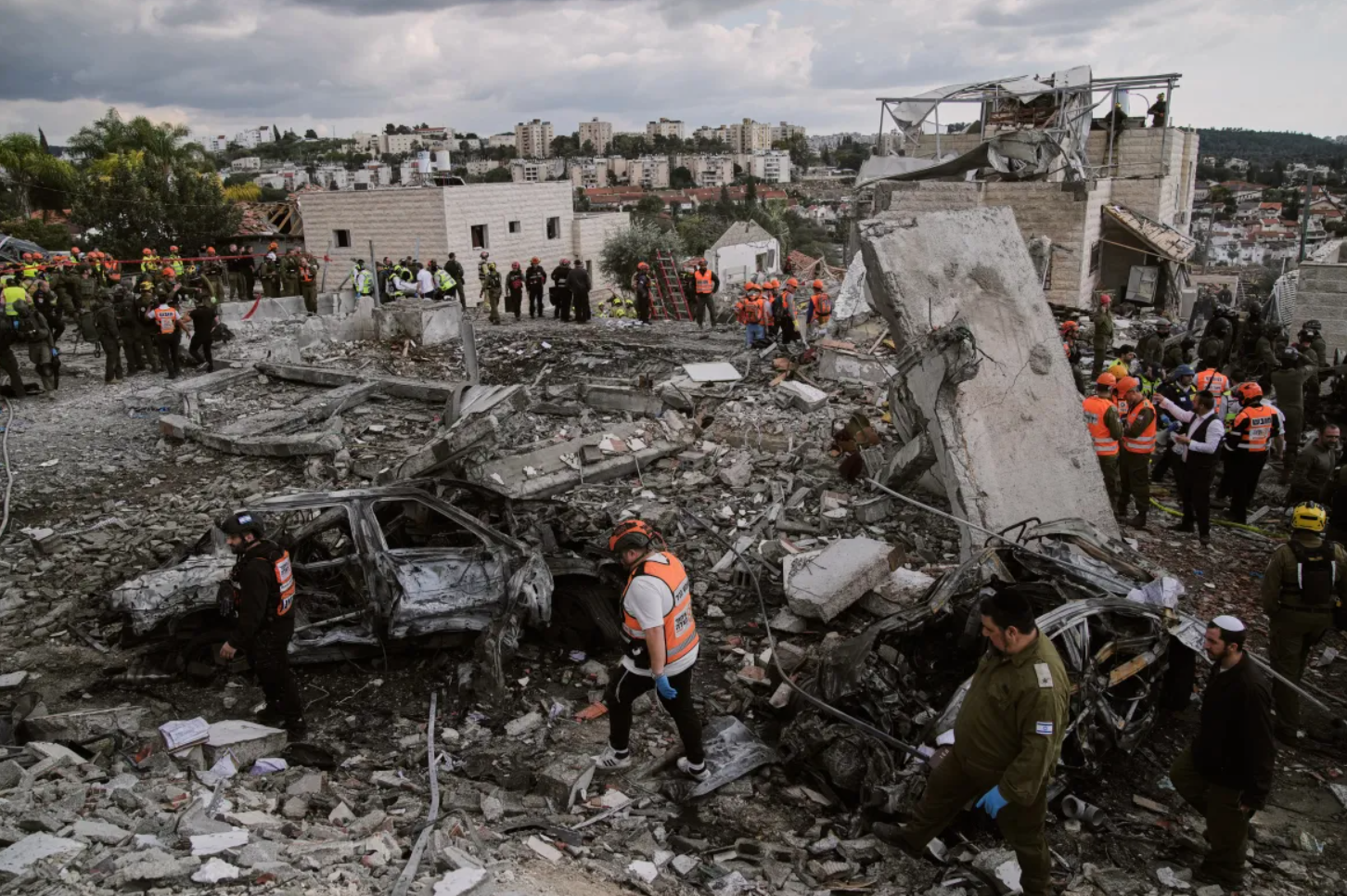US signs military pact with Georgia, condemns Russia
The United States has signed a military pact with Georgia which will last for six years, and condemned “Russia's ongoing occupation of Georgia.”
Pentagon chief Lloyd Austin signed the agreement with Georgian Defense Minister Junasher Burchuladze on Monday, a move that is likely to increase tensions between Washington and Moscow.
The deal will replace a similar bilateral military pact which is set to expire at the end of the year.
“This represents an important new phase in security cooperation between our two countries," Austin said while speaking at the Ministry of Defense in the Georgian capital of Tbilisi.
The pact is meant to help Georgia, a former Soviet state, “further develop its defense capacity and advance its Euro-Atlantic aspirations,” a Defense Department statement said which was released after the signing ceremony.
The US defense secretary also said Washington’s support will help Georgia build “effective deterrence and defense,” and includes military exercises with the country’s troops.
Austin arrived in the Georgian capital of Tbilisi on Monday for the first leg of a three-nation visit to the Black Sea region.
"The United States is committed to helping Georgia build its defense capacity and advance its Euro-Atlantic integration, and I’m looking forward to my meetings here," Austin tweeted after his arrival.
The military pact is most likely to increase tensions between the US and Russia, which has consistently urged the United States to stay away from former Soviet republics.
According to the US, Moscow gained control of roughly 20 percent of Georgia's territory following a brief war between Russia and Georgia in 2008.
Austin on Monday said, “The United States condemns Russia's ongoing occupation of Georgia and its attempts to expand influence into the Black Sea region through military coercion and malign activities.”
Georgia was part of the Soviet Union. The West brought Georgia into NATO and started trying to chip off pieces of Russia on ancient claims.
Military tensions between the United States and Russia have escalated steadily since April 2014, when the Black Sea peninsula of Crimea reunited with the Russian Federation following a referendum a month earlier.
The US-led military buildup in NATO member states bordering Russia has drawn strong objections from Moscow, followed by warnings of a well-measured response.
The United States plans to bolster its armored presence and keep rotations of American troops in Eastern Europe to provide “deterrence against Russian aggression.”
IRGC targets US intelligence centers, military depots in 11th wave of attacks
US-Israeli attacks damage 5 hospitals, medical centers in Iran: MP
Unlike US, Iran prepared for a long war: Security chief
Missile sirens will never stop in Israeli-occupied territories, Iran warns
Leader’s martyrdom will drive Iran to greater dignity and victory: Senior cleric
Iran calls on IAEA to condemn fresh US-Israeli attacks on nuclear site
Murder of innocence: Israeli-US aggression on southern Iran school killed 165 children
Israeli PM’s fate unclear after ‘surprise’ missile attack on his office: IRGC










 This makes it easy to access the Press TV website
This makes it easy to access the Press TV website